It’s fighting season in Afghanistan again. When the Americans were in charge, after the poppy fields had been harvested in late spring, and the madrassas in Pakistan that supplied the Taliban with fanatical soldiers had finished for the term, the Islamists kicked off the fighting. Between 2001 and 2021, around 200,000 people died. Now an insurgent group called the National Resistance Front are starting the annual springtime assaults, this time against the Taliban government.
‘The Taliban do not possess the support of the mass of the people. We do’
“In the past thirty-one days, we have staged thirty-one attacks on Taliban, only in Kabul,” Ahmad Massoud, the NRF leader, cheerily tells me from Tajikistan, where he directs his troops in exile. “We have not even had one person captured.” The NRF’s latest hit, he says, was 500 yards from the presidential palace. With proper support — ideally western arms — he says he can destroy the country’s Islamic Emirate and install a democratic republic. “I’m 100 percent sure it is possible to defeat the Taliban.”
The NRF came together when western forces fled during the Taliban takeover. As the Islamists swept from Kandahar, in the south, up to Kabul, Afghan army soldiers joined a group of fighters in Panjshir, in the north. Now, from a small area of land they still hold, they conduct guerrilla operations in half of Afghanistan’s thirty-four provinces. Massoud says he doesn’t have the firepower to launch a total assault on the Taliban administration, so his NRF missions are limited. A couple of men with AK-47s may carry out a drive-by shooting on a checkpoint; a squad might ambush a Taliban camp at night. The NRF uses weapons left behind by the Americans and the Soviets, and tops up its supplies from Afghanistan’s black markets.
Massoud says his guerrilla operation is ready to do more. “I don’t need soldiers from the Pentagon,” he says. “However we are all alone and empty-handed.” The NRF runs a serious lobbying operation, with an office in Washington, DC and friendly US senators such as Lindsey Graham making their case in Congress. Helpfully, Massoud appeals to western sensibilities. He is an alumnus of King’s College London and Sandhurst. He is friendly with Emmanuel Macron. He dresses in a white Oxford shirt. He’s also out to promote In the Name of my Father.
Massoud trades on the reputation of his father, Ahmad Shah Massoud, a hero of Afghanistan’s resistance against the Soviets. Back in the late 1970s and 1980s, Commander Massoud repelled several attempted invasions of Panjshir, and when the Taliban tried to take over Afghanistan in the 1990s he led the “Northern Alliance” of rebel groups against them. The US worked with the alliance to depose the Taliban in 2002.
Massoud Sr. had been supported by western intelligence for decades. MI6 had helped train his troops early in the war with the Soviets, and by the late 1980s American operatives were hand-delivering him a monthly stipend of $500,000 in today’s money. Three years ago, French and American intelligence services considered backing Massoud Jr. against the Taliban. His bloodline clearly attracted them.
But not enough. Massoud Jr. says he met with “a lot of military personnel” before the Taliban’s assault, including Nick Carter, the then head of the British army, but says he wasn’t given weapons or intelligence. “We were left completely alone.” He fled Kabul as the Taliban closed in on the capital, and from there tried to negotiate with the Islamists in return for a ceasefire. He asked for free nationwide elections, but says he was told to “surrender or die.” He took a helicopter to Tajikistan.
Massoud met the Taliban’s foreign minister, Amir Khan Muttaqi, for talks in Tehran in 2022, mediated by the Iranians. Massoud was told if he dropped his resistance and returned to Afghanistan he could take charge of a Taliban ministry. “You say that I should return to Afghanistan, very good!” He recalls his reply: “Let’s all agree on a transition period, a constitution and an election.” Muttaqi said Massoud’s demands were un-Islamic and the talks ended there.
Massoud’s position seems obviously unrealistic (why would the Taliban give him anything?) but he thinks he’s right to keep fighting for a democratic republic. Afghans are desperate for elections, he claims. “The Taliban do not possess the support of the mass of the people. We do.
When we talk, Massoud barely mentions poverty or education. In the last two years, Afghanistan’s GDP has shrunk by a quarter. Half of the population is now in absolute poverty. Education for girls stops at the age of eleven. Perhaps he should be fighting for social reforms instead of regime change.
Massoud says he has a proposal for Britain. If they fund the NRF, it would help sort out Britain’s problem with illegal immigration (last year, more small-boat arrivals were from Afghanistan than any other country). “I know that one of the main concerns Europe feels is immigration,” he explains. “If immigration is an issue, then help us not with boots on the ground but help those soldiers… They would rather die fighting for their freedom in their country than emigrating and dying in the seas of Greece and crossing the Channel,” he says. “How many more million will be spent on Rwanda? Is this really a solution?”
It’s unclear that Afghans would welcome the West having a second go at installing democracy. Resentment still lingers from the last attempt. In Helmand, in southern Afghanistan, the US employed a brutal local warlord, Amir Dado, as their chief of intelligence. When ordinary Afghans crossed him, Dado murdered them and strung their bodies from trees. The US thought him a useful resource for catching terrorists. Coalition airstrikes, particularly in the south, killed civilians. The coalition troops were not liberators then, and Massoud may not be seen as one now.
“Why didn’t it work out before?” asks Massoud. “Because the military strategy and doctrine adopted by our friends and the international force and the Afghanistan army, it was completely wrong.” The NRF can depose the Taliban using the same tactics his father deployed, he says. Massoud Sr. studied Che Guevara, Mao Zedong and Régis Debray, a French academic who wrote a manual on guerrilla warfare based on the Cuban revolution. Massoud Sr. followed Debray’s “three golden rules: constant vigilance, constant mistrust, constant mobility.”
If Massoud Jr. gets the weapons he wants, and starts a nationwide war against the Taliban, he will fight alongside once-feared warlords such as Ismail Khan and Abdul Rashil Dostum. In 2021, Khan cut a deal with the Taliban and escaped to Iran while Dostum’s forces in Mazar-e Sharif were easily beaten. Dostum now lives in Turkey, and in interviews refers to himself in the third person as “General Dostum.” In the 2000s, he was accused of locking captured Taliban in shipping containers and letting them suffocate to death.
“We all believe and we all agreed on certain values which is the liberation of Afghanistan, implementing and believing in a process to bring an election based on a legitimate process,” Massoud insists. He wants to reassure me he has consulted “the new generation” and “the leaders among the women,” but our time is up. There’s no time for the details. We’ve had an hour. Massoud says goodbye, and his iPhone 15 leaves the call. That evening, an NRF spokesman messages: “The book will be mentioned, right?”
This article was originally published in The Spectator’s UK magazine. Subscribe to the World edition here.



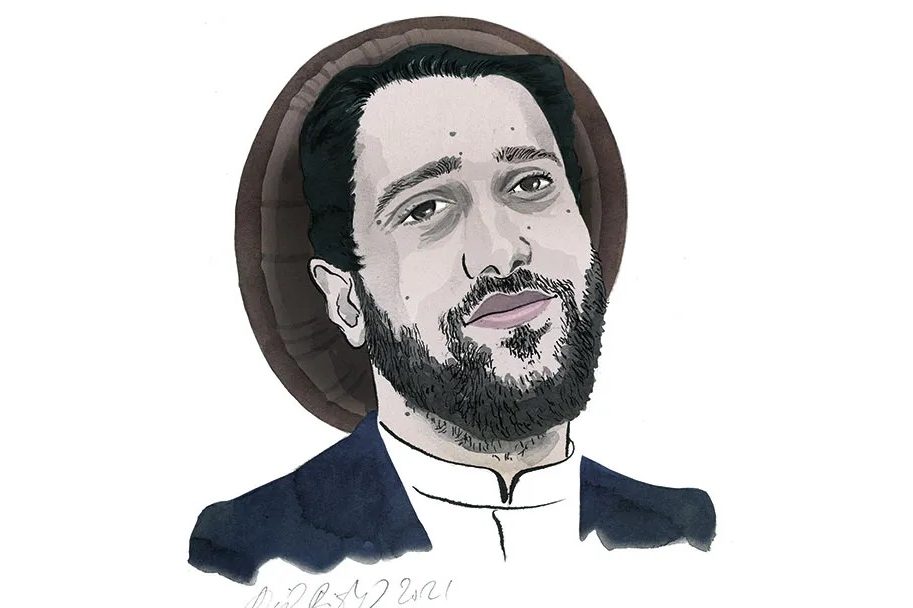






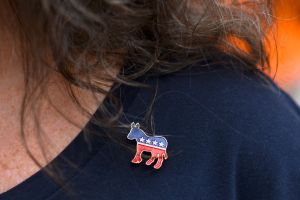
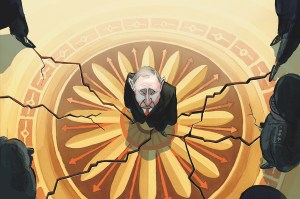
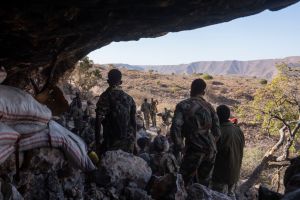


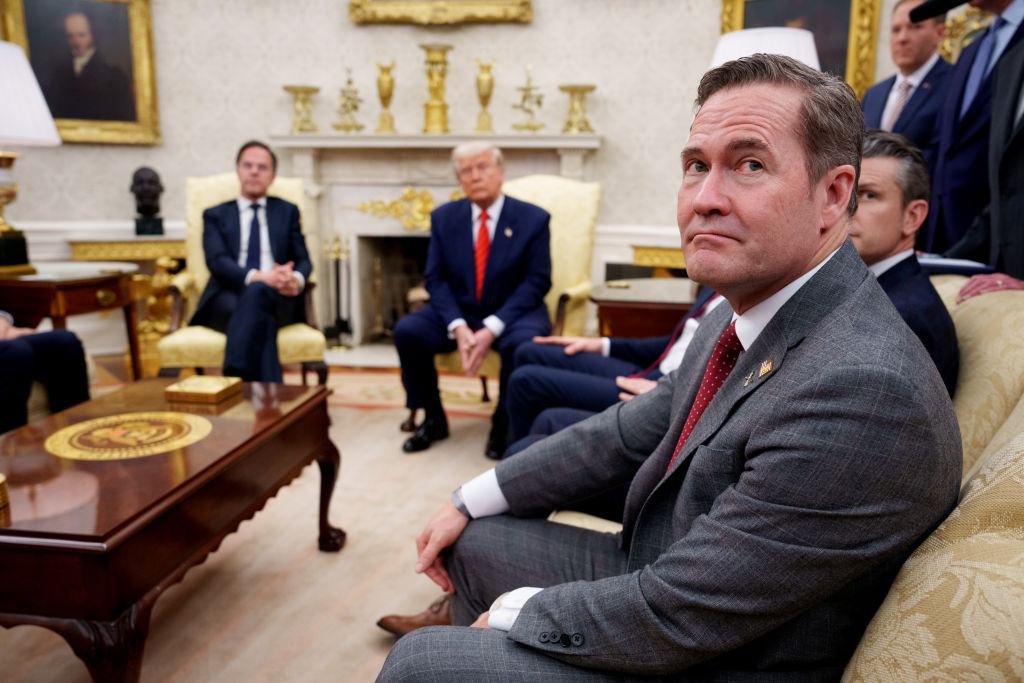

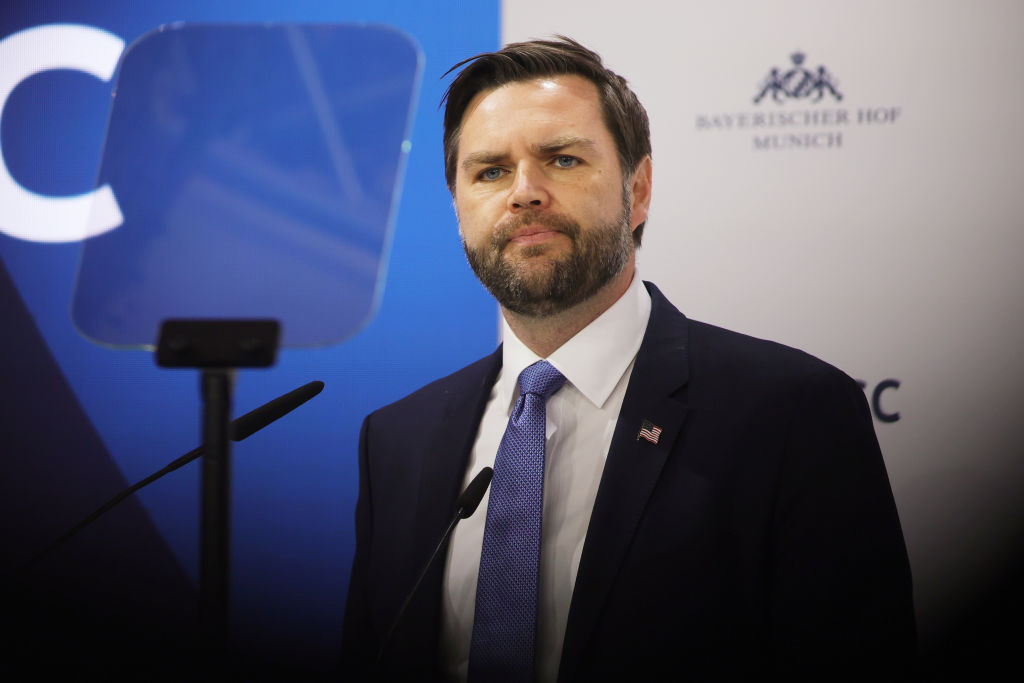








Leave a Reply